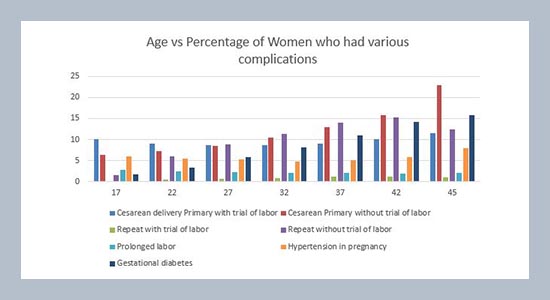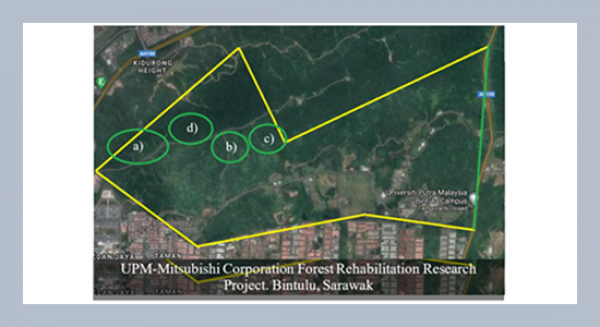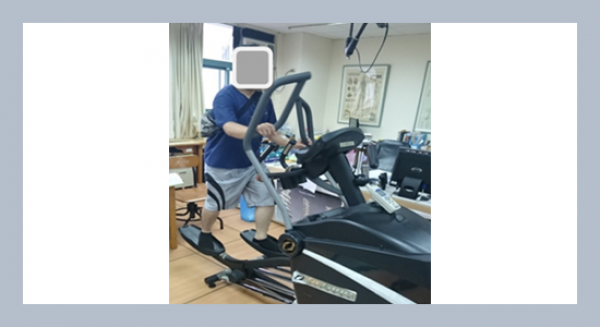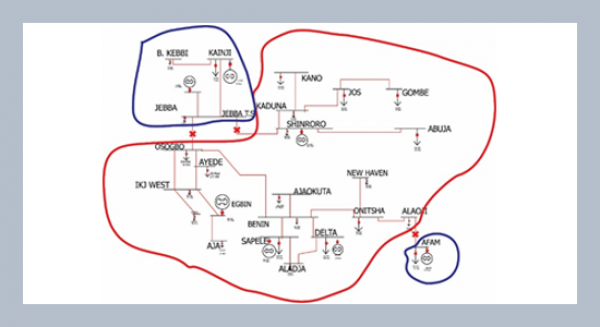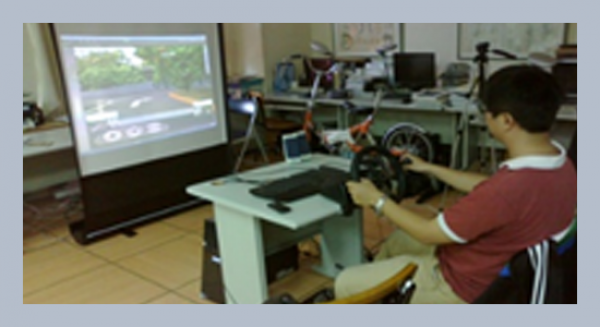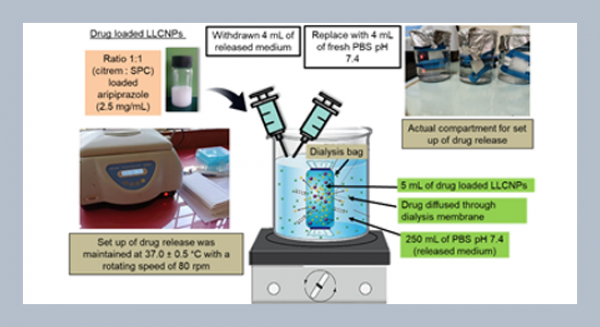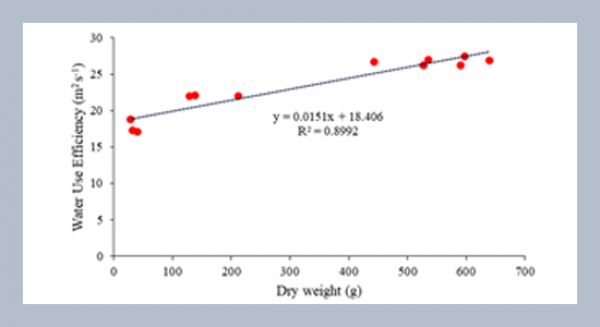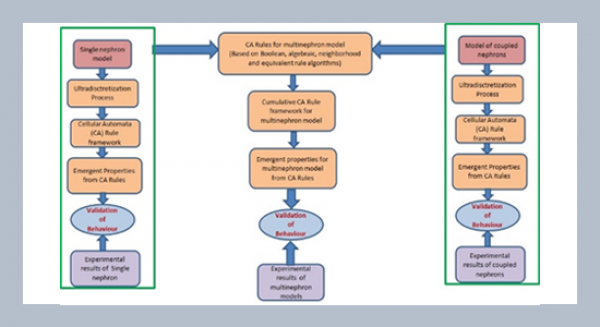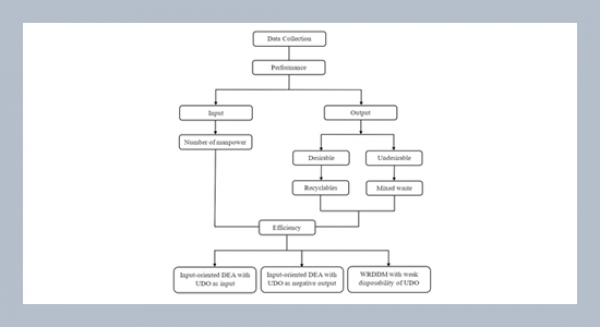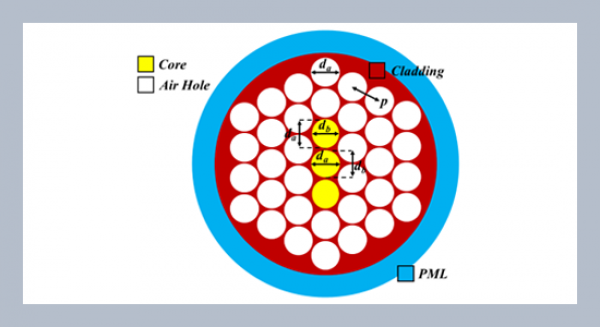REFERENCES
- Agrigoroaei, Lee-Attardo, A., Lachman, M.E. 2017. Stress and subjective age: Those with greater financial stress look older. Research on Aging, 39, 1075–1099. https://doi.org/10.1177/0164027 516658502
- Aldwin, C.M. 1991, Does age affect the stress and coping process? Implications of age differences in perceived control, Journal of Gerontology, 46, 174–180, https:// doi.org/10.1093/geronj/46.4.P174
- Andersen, A.M.N., Wohlfahrt, J., Christens, P., Olsen, J., Melbye, M. 2000. Maternal age and fetal loss: population based register linkage study. British Medical Journal (Clinical research edition), 320, 1708–1712. https://doi.org/ 10.1136/bmj.320.7251.1708
- Bellieni, C. 2016. The best age for pregnancy and undue pressures. Journal of family & reproductive health, 10, 104–107.
- Cavazos-Rehg, P.A., Krauss, M.J., Spitznagel, E.L., Bommarito, K., Madden, T., Olsen, M.A., Bierut, L.J. 2015. Maternal age and risk of labor and delivery complications. Maternal and child health journal, 19, 1202–1211. doi: 10.1007/s10995-014-1624-7
- Da Costa D., Larouche, J., Dritsa, M., Brender, W. 1999. Variations in stress levels over the course of pregnancy: factors associated with elevated hassles, state anxiety and pregnancy-specific stress. Journal of psychosomatic research, 47, 609–621.
- Federation CECOS, Schwartz, D., Mayaux, M.J. 1982. Female fecundity as a function of age: results of artificial insemination in 2193 nulliparous women with azoospermic husbands, The New England Journl of Medicine, 306:404–406.
- Forray A., Mayes, L.C., Magriples, U., Epperson, C.N. 2009. Prevalence of post-traumatic stress disorder in pregnant women with prior pregnancy complications. The Journal of Maternal-Fetal& Neonatal Medicine, 22, 522–527.
- Goisis, A., Remes, H., Barclay, K., Martikainen, P., Myrskylä, M. 2017. Advanced maternal age and the risk of low birth weight and preterm delivery: a Within-Family analysis using finish population registers, American Journal of Epidemiology, 186, 1, 1219–1226, https://doi.org/10.1093/aje/kwx177
- Hsu, H.C. 2018. Age differences in work stress, Exhaustion, Well-Being, and related factors from an ecological perspective. International journal of environmental research and public health, 16, 50. https://doi.org/10.3390/ijerph16010050
- Huang, L., Sauve, R., Birkett, N., Fergusson, D., Van Walraven, C. 2008. Maternal age and risk of stillbirth: a systematic review. Canadian Medical Association Journal Journal, 178, 165–172.
- Jeon, H.S., Dunkle, R.E. 2009. Stress and depression among the Oldest-Old: A longitudinal analysis. Research on aging, 31, 661–687. https://doi.org/10.1177/0164027509343541
- Jolly, M, Sebire, N., Harris, J., Robinson, S., Regan, L. 2000. The risks associated with pregnancy in women aged 35 years or older, Human Reproduction, 15, 2433–2437, https://doi.org/10.1093/humrep/15.11.2433
- Lampinen R, Vehviläinen-Julkunen, K., Kankkunen, P. 2009. A review of pregnancy in women over 35 years of age. The Open Nursing Journal. DOI: 10.2174/1874434600903010033. Source: PubMed.
- Lisonkova, S., Potts, J., Muraca, G.M., Razaz, N., Sabr, Y., Chan, W.-S., Kramer, M.S. 2017. Maternal age and severe maternal morbidity: A population-based retrospective cohort study, 14, https://doi.org/10.1371/journal.pmed.1002307
- Londero, A.P. 2019. Maternal age and the risk of adverse pregnancy outcomes: a retrospective cohort study. BMC Pregnancy and Childbirth. 19, 261. https://doi.org/10.1186/s12884-019-2400-x
- Osmanovic-Thunström, A., Mossello, E., Åkerstedt, T., Fratiglioni, L., Wang, H.-X. 2015. Do levels of perceived stress increase with increasing age after age 65? A population-based study, Age and Ageing, 44, 828–834, https://doi.org/10.1093/ageing/afv078
- Rauschenbach, Krumm, S., Thielgen, M., Hertel, G. 2012. Age and work stress: A review and meta-analysis. Journal of Managerial Psychology. 28, 781–804. 10.1108/JMP-07-2013-0251.
- Reddy, U.M., Ko, C.W., Willinger, M. 2006. Maternal age and the risk of stillbirth throughout pregnancy in the United States, 195, 764–770. https://doi.org/10.1016/j.ajog.2006.06.019
- Roy-Matton, N., Moutquin, J.M., Brown, C., Carrier, N., Bell, L. 2011. The impact of perceived maternal stress and other psychosocial risk factors on pregnancy complications. Journal of Obstetrics and Gynaecology Canada, 33, 344–352.
- Scott, S.B., Sliwinski, M.J., Blanchard-Fields, F. 2013. Age differences in emotional responses to daily stress: the role of timing, severity, and global perceived stress. Psychology and aging, 28(4), 1076–1087. https://doi.org/10.1037/a0034000
- Seng, J.S., Oakley, D.J., Sampselle, C.M., Killion, C., Graham-Bermann, S., Liberzon, I. 2001. Posttraumatic stress disorder and pregnancy complications. Obstetrics & Gynecology, 97, 17–22.
- Stein, Z., Susser, M. 2000. The risks of having children in later life. Social advantage may make up for biologicaldisadvantage. British Medical Journal (Clinical research edition), 320, 1681–1682. https://doi.org/10.1136/bmj.320.7251.1681
- Zachariah, R. 2009. Social support, life stress, and anxiety as predictors of pregnancy complications in low‐income women. Research in nursing & health, 32, 391–404.



